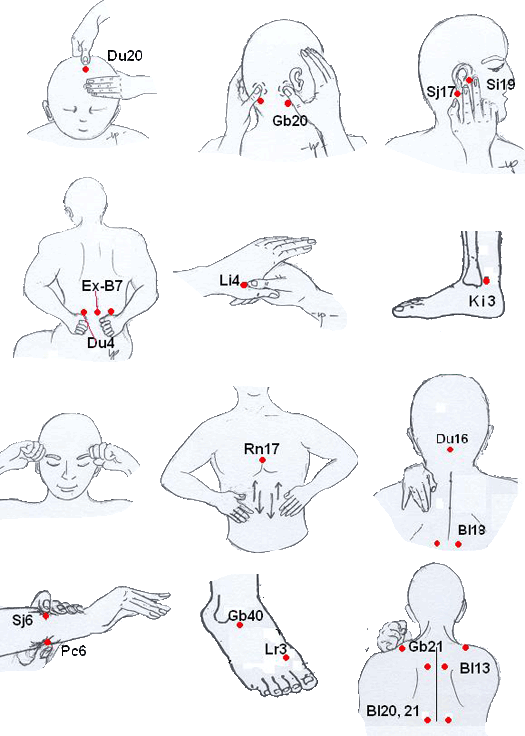tinnitus, usually called a ringing in the ears, is just a frequent issue that affects thousands of people worldwide. While it is frequently perceived as an easy annoyance, tinnitus may somewhat impact one's quality of life. Knowledge the type of tinnitus, its causes, and available therapies will help these influenced handle the condition more effectively.

Knowledge Tinnitus
Tinnitus is the understanding of sound with no additional source. The sounds identified vary commonly, including calling, buzzing, hissing, or humming. It can be regular or irregular and may influence one or both ears. The noise is often more apparent in calm surroundings and may range in intensity from barely noticeable to debilitating.
Causes of Tinnitus
Tinnitus is not just a condition itself but instead a sign of various main issues. Common causes include:
Reading Reduction: Age-related experiencing reduction, or presbycusis, is a number one reason for tinnitus. The increasing loss of physical hair cells in the internal hearing as a result of ageing can affect regular oral signals, leading to the notion of ringing.
Exposure to Loud Noise: Extended or recurring exposure to noisy sounds, such as from equipment or loud audio, can harm the fine structures in the head and result in tinnitus. That is usually noticed in artists or individuals working in noisy environments.
Ear Infections and Blockages: Head attacks or obstructions due to excess earwax or water could cause short-term tinnitus by affecting the ear's typical functioning.
Medications: Some medicines, specially high doses of antibiotics, diuretics, and non-steroidal anti-inflammatory drugs (NSAIDs), may stimulate or worsen tinnitus as an area effect.
Health Problems: Underlying wellness situations like high blood pressure, diabetes, or thyroid issues can donate to tinnitus. Additionally, problems like Meniere's disease or audio neuroma (a noncancerous tumor on the auditory nerve) are related to tinnitus.
Examination
Detecting tinnitus requires a comprehensive medical evaluation to recognize the main cause. That an average of includes a detailed medical history, physical examination, and hearing tests. Audiologists and otolaryngologists (ear, nose, and neck specialists) in many cases are consulted for extensive evaluation and diagnosis.
Therapy Options
While there's no remedy for tinnitus, different solutions might help handle symptoms:
Noise Therapy: Applying background sound or white sound devices might help mask the tinnitus and ensure it is less noticeable. Hearing helps, particularly those with built-in noise masking functions, can be good for people that have hearing loss.
Cognitive Behavioral Therapy (CBT): CBT can help people control the mental and emotional impact of tinnitus. It aims to improve the way one perceives and responds to the condition, lowering nervousness and improving coping strategies.
Drugs: While number unique medications heal tinnitus, particular drugs may be given to greatly help manage related indicators, such as for instance anxiety or insomnia.
Life style Alterations: Reducing experience of loud noises, handling stress, and preventing stimulants like coffee and nicotine will help relieve tinnitus symptoms.

Prevention and Administration
Avoiding tinnitus involves guarding your ears from exorbitant noise and approaching main medical issues promptly. Standard reading check-ups and adopting protective methods in loud settings are essential steps.
In summary, tinnitus is a multifaceted issue with numerous triggers and potential treatments. Knowledge the character of tinnitus and discovering a selection of management techniques can help people cope with and mitigate the results with this difficult condition. Consulting with healthcare professionals for personalized assistance and treatment methods is needed for effective management.
